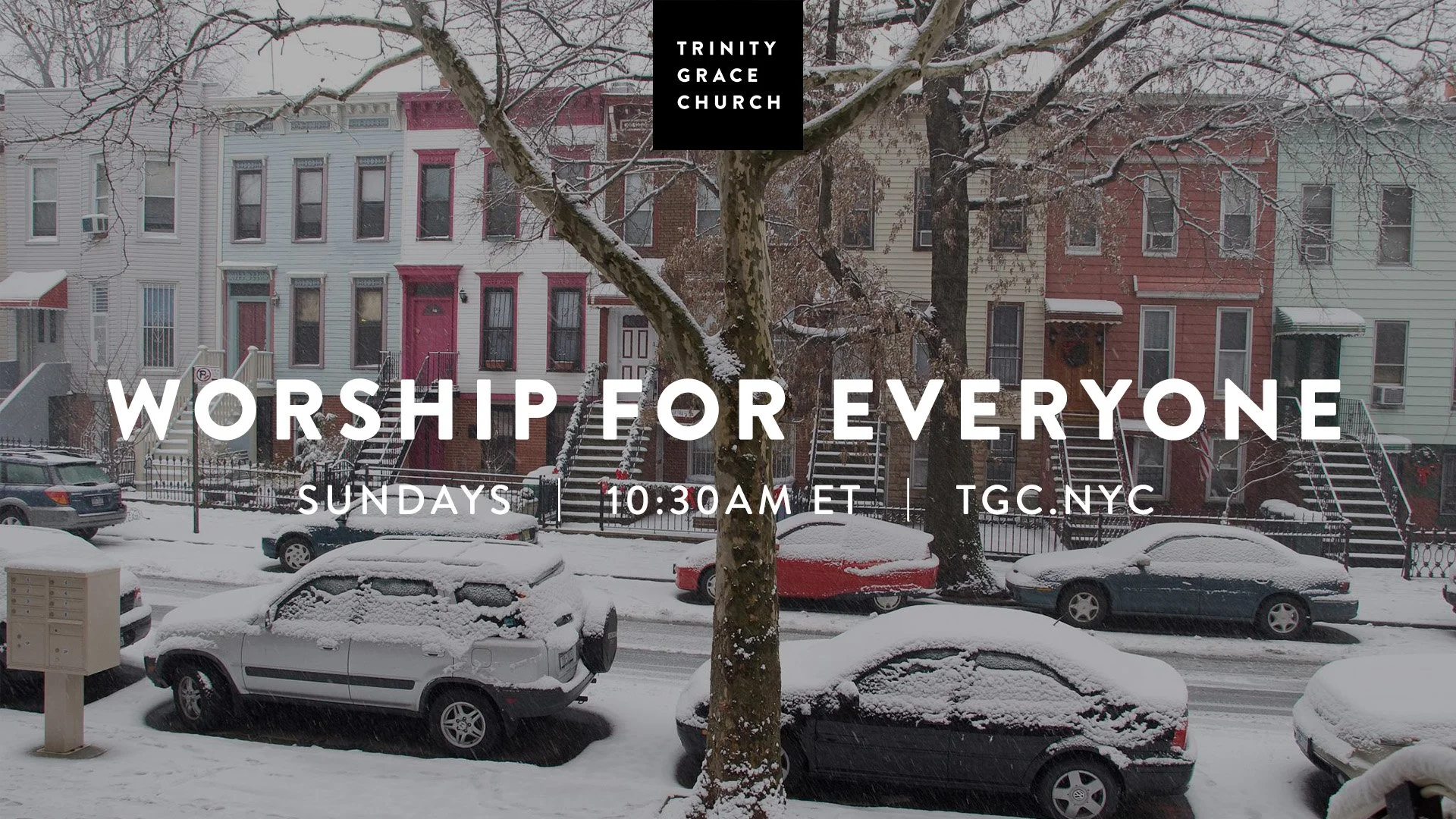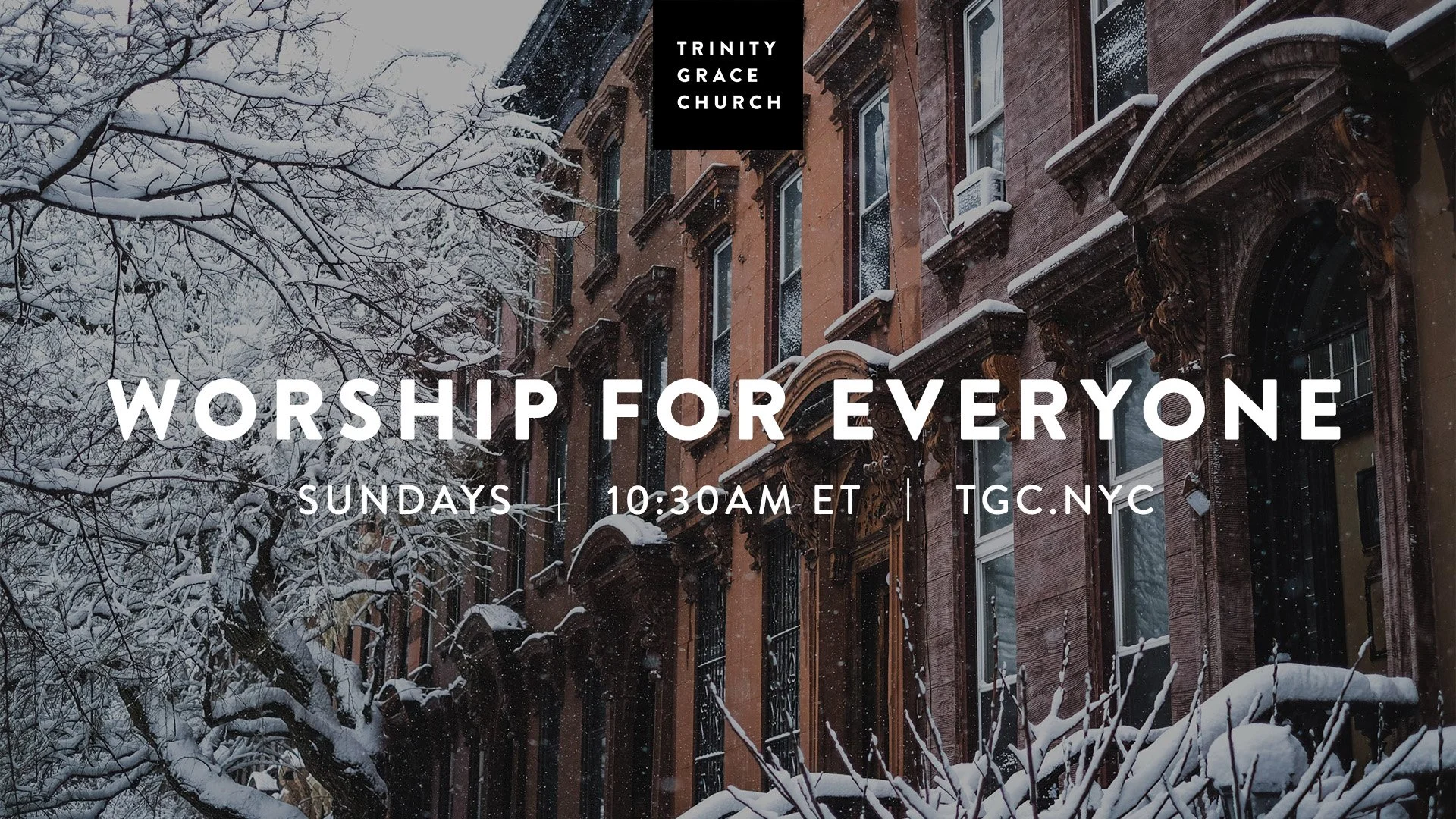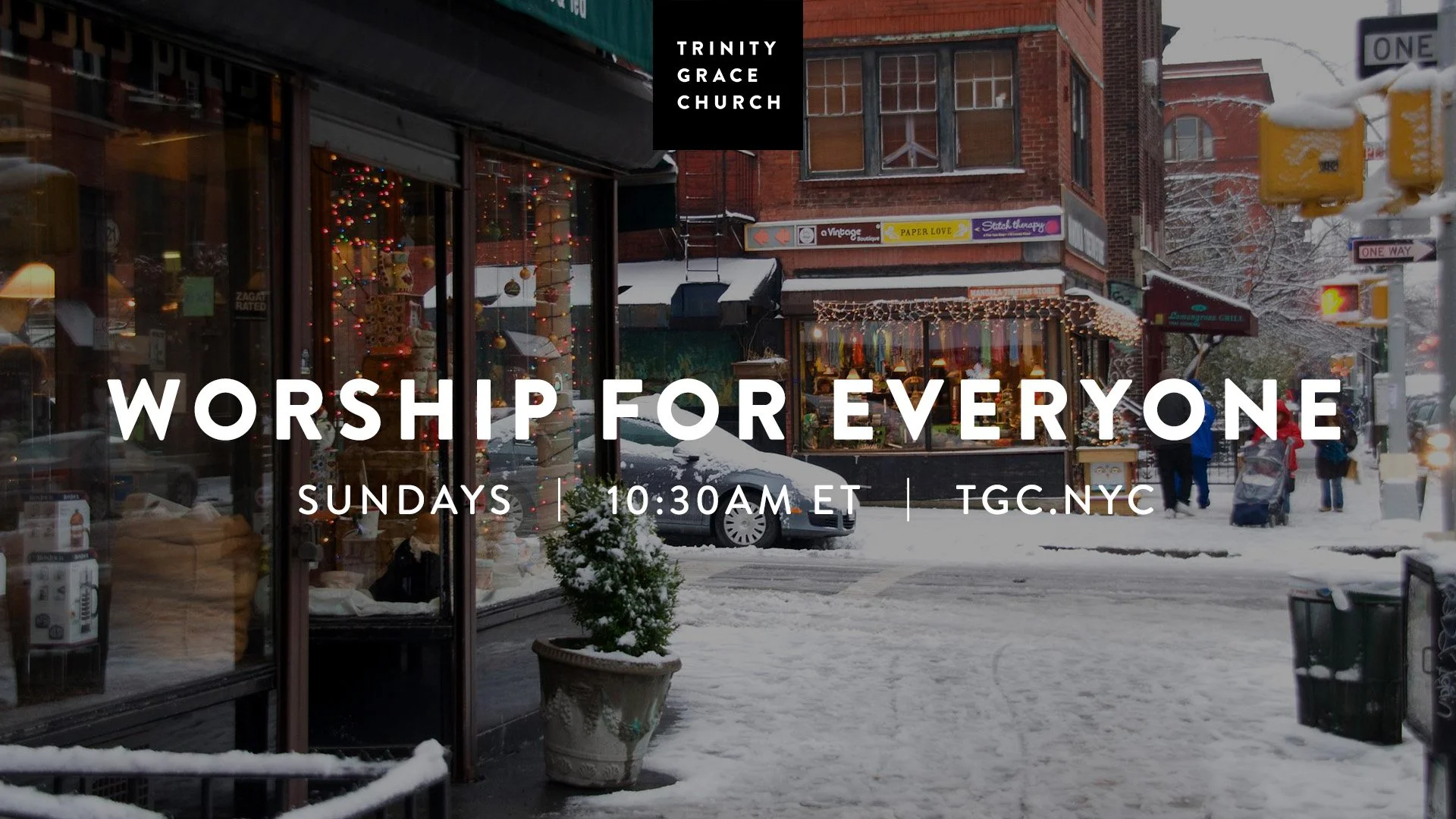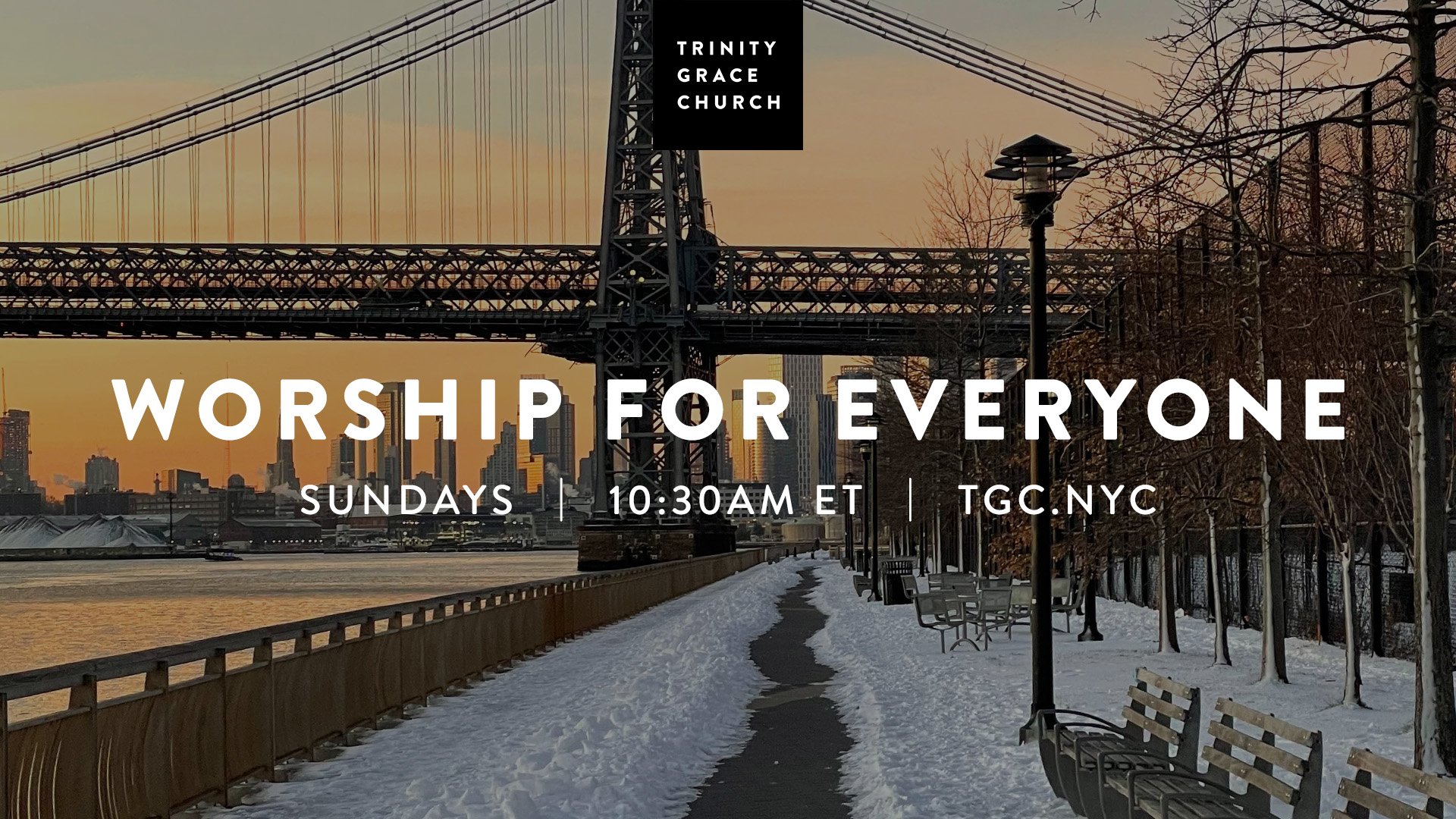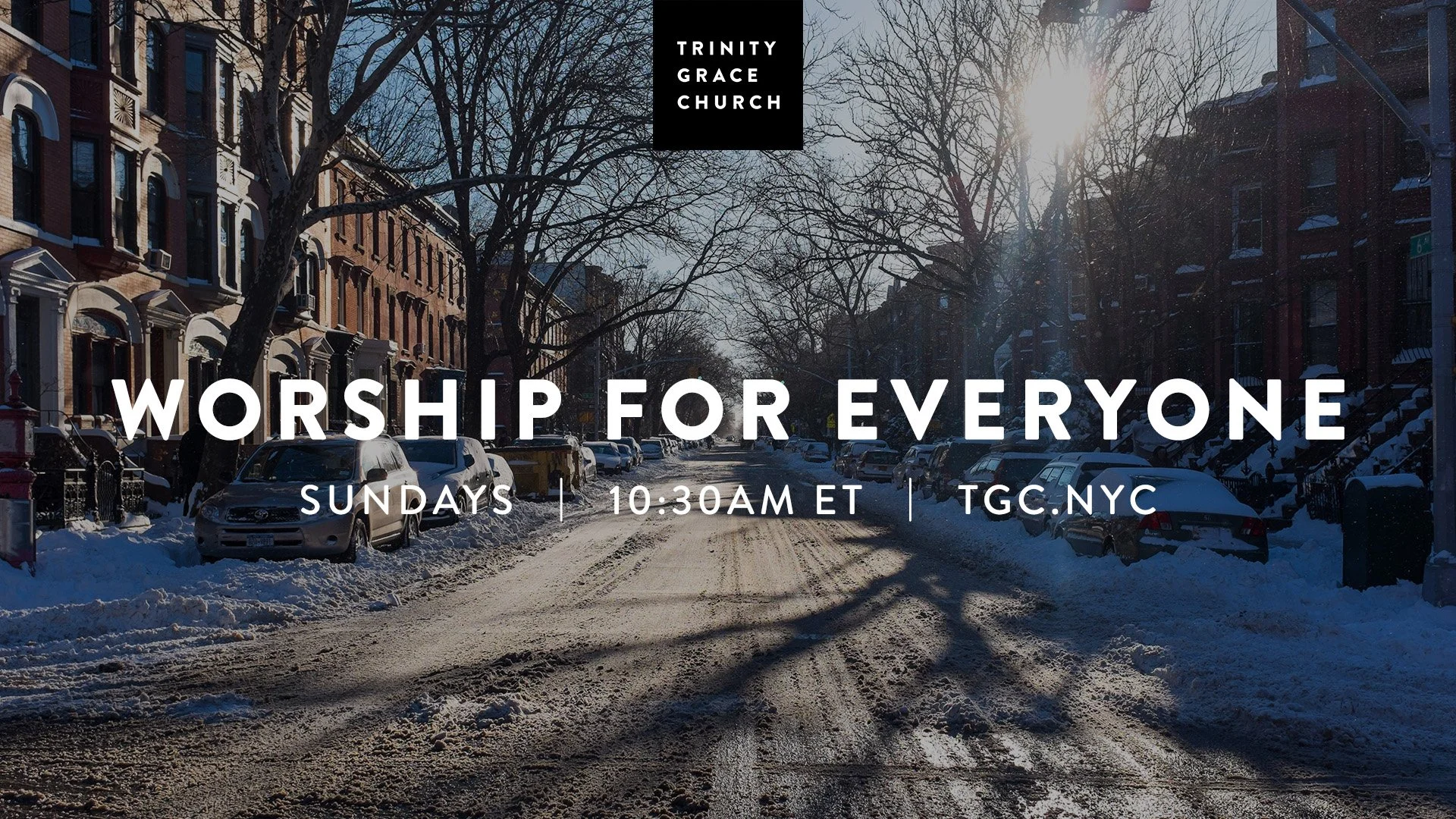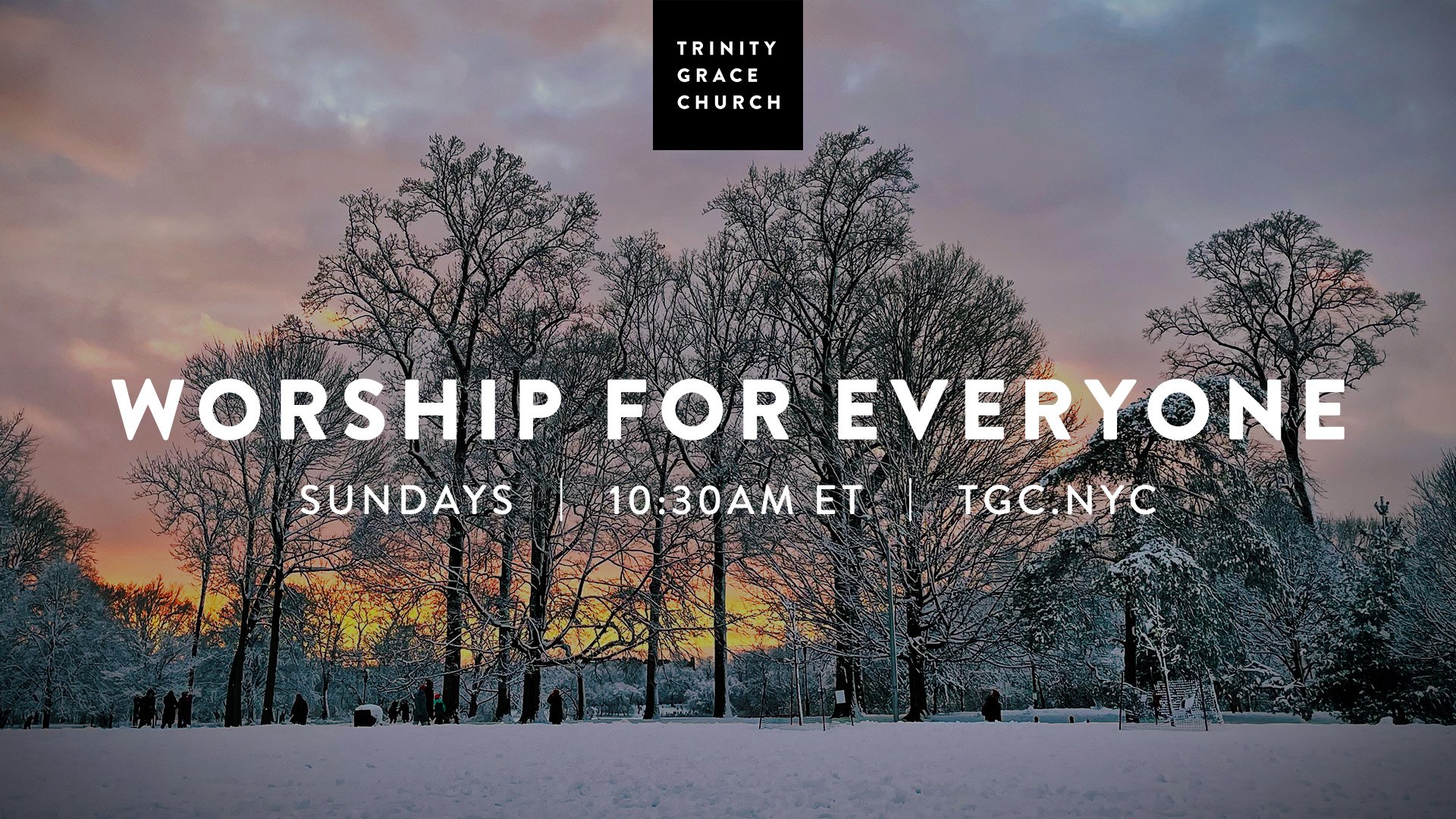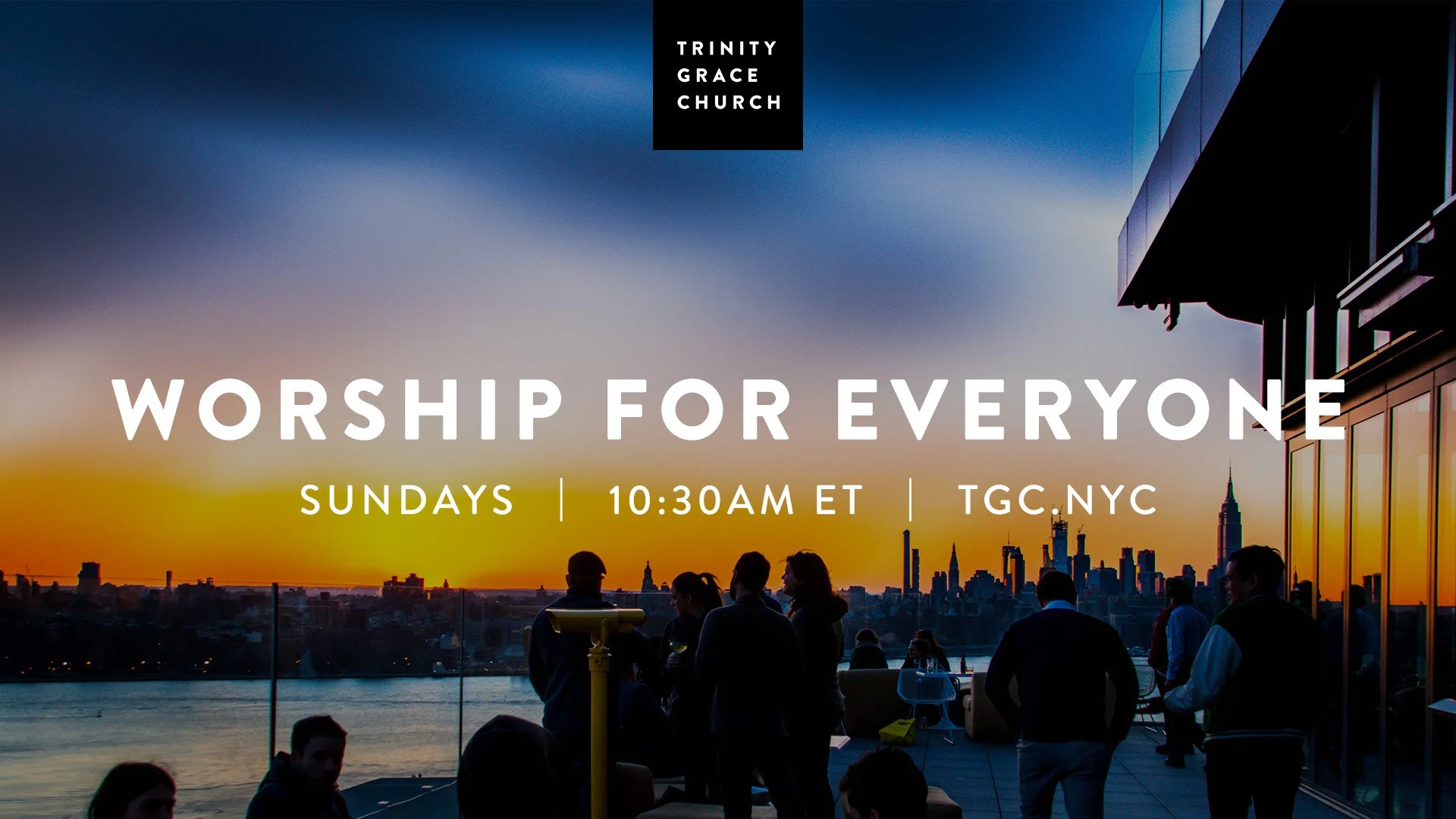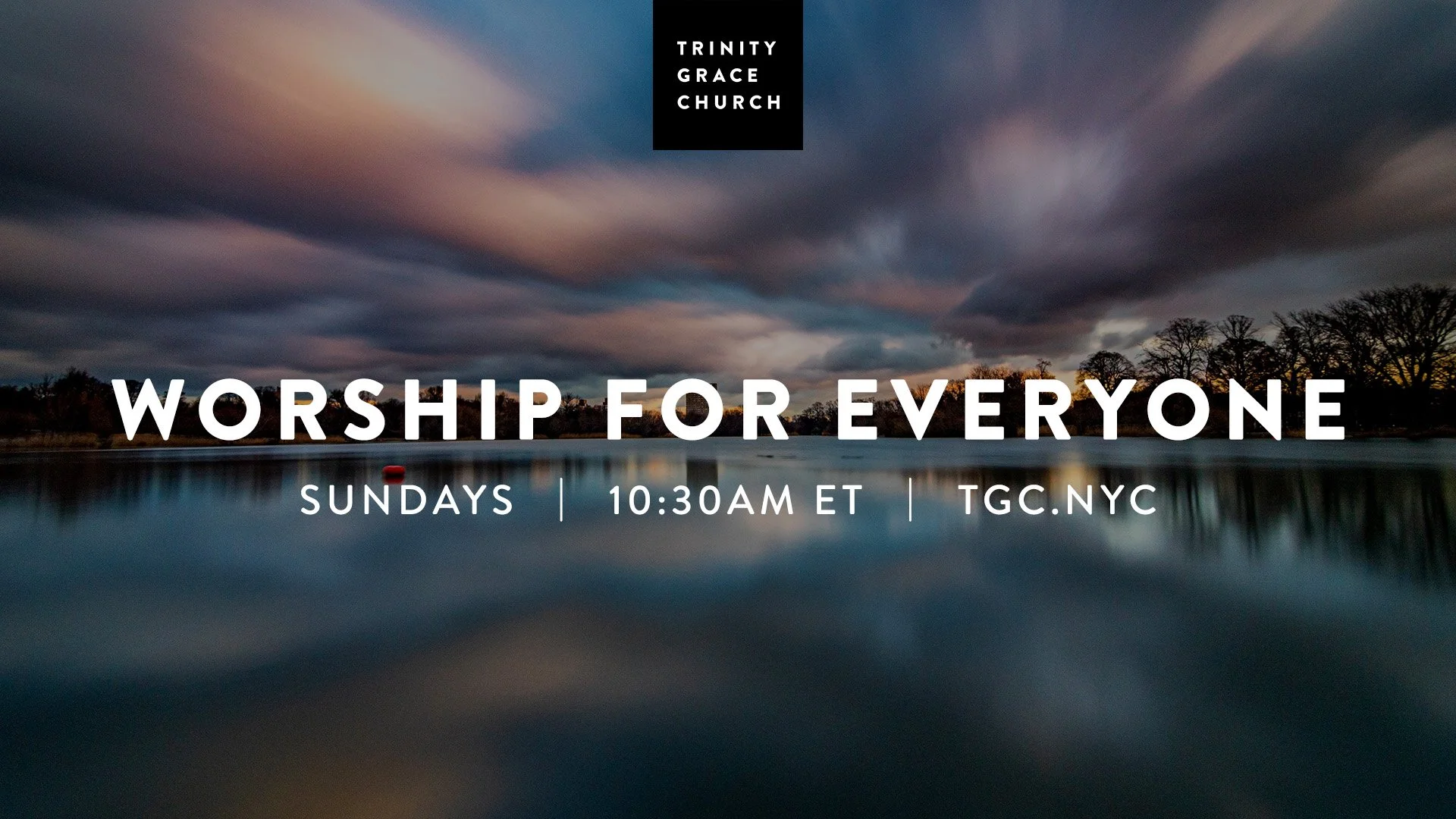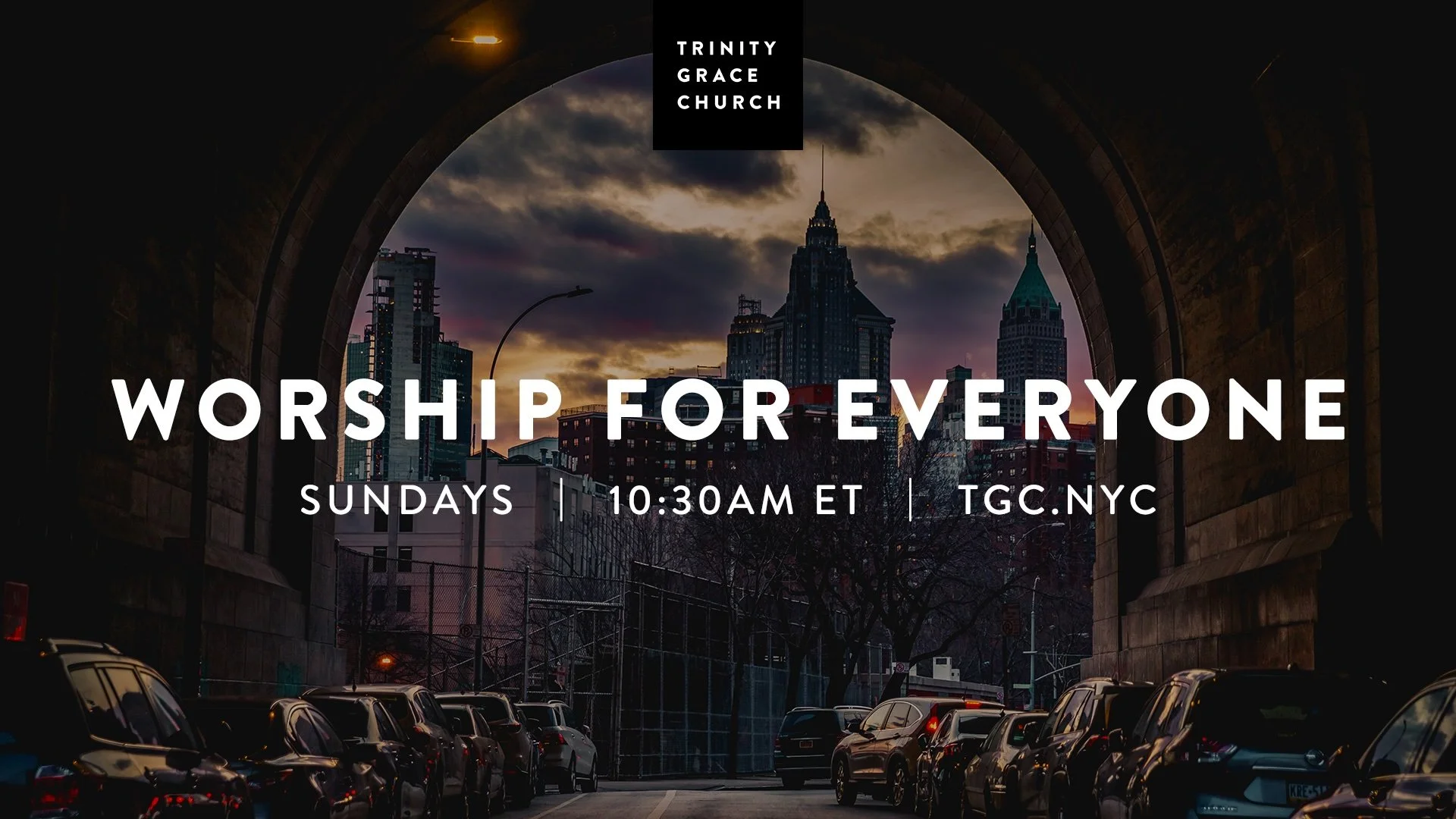About This Guide
The online groups guide is designed as a teaching series companion to foster discussion, study, and prayer, especially in a group setting.
Join a weekly group for a meaningful way to connect to our community.
pdf download
Download this PDF to help you make a plan to follow Jesus in your everyday life, including diagnostic questions to help get you started.
Pickup a print version at our weekly in-person Sunday gatherings.
more Resources
Explore a curated online collection of recommended practices and resources to pursue presence, formation, and love in your life.
Questions about the series or looking for a way to get involved? Contact us.
Love
Teaching Text: John 1:35-51
The next day John was there again with two of his disciples. When he saw Jesus passing by, he said, “Look, the Lamb of God!”
When the two disciples heard him say this, they followed Jesus. Turning around, Jesus saw them following and asked, “What do you want?”
They said, “Rabbi” (which means “Teacher”), “where are you staying?”
“Come,” he replied, “and you will see.”
So they went and saw where he was staying, and they spent that day with him. It was about four in the afternoon.
Andrew, Simon Peter’s brother, was one of the two who heard what John had said and who had followed Jesus. The first thing Andrew did was to find his brother Simon and tell him, “We have found the Messiah” (that is, the Christ). And he brought him to Jesus.
Jesus looked at him and said, “You are Simon son of John. You will be called Cephas”(which, when translated, is Peter).
The next day Jesus decided to leave for Galilee. Finding Philip, he said to him, “Follow me.”
Philip, like Andrew and Peter, was from the town of Bethsaida. Philip found Nathanaeland told him, “We have found the one Moses wrote about in the Law, and about whom the prophets also wrote—Jesus of Nazareth, the son of Joseph.”
“Nazareth! Can anything good come from there?” Nathanael asked.
“Come and see,” said Philip.
When Jesus saw Nathanael approaching, he said of him, “Here truly is an Israelite in whom there is no deceit.”
“How do you know me?” Nathanael asked.
Jesus answered, “I saw you while you were still under the fig tree before Philip called you.”
Then Nathanael declared, “Rabbi, you are the Son of God; you are the king of Israel.”
Jesus said, “You believe because I told you I saw you under the fig tree. You will see greater things than that.” He then added, “Very truly I tell you, you will see ‘heaven open, and the angels of God ascending and descending on’ the Son of Man.”
Themes
Consider these themes and ask your group what else they see in the passage:
By Your Life We See Light
Come and See
Formation
Thoughts and notes you can use for discussion:
Sometimes, we hear things at exactly the right moment.
This opening chapter of John's Gospel account begins with something like cosmic/meta level poetry, about Creation, about the personhood of God, about the deep questions of human philosophy, about our most ancient hopes as a human race, about Israel's prophetic expectations …
It's breathtaking in its scope when we really hear it.
The Logos became flesh and blood and skin and bone and set up a tent in our midst.
The Eternal Word became a person and tabernacled among us.
God moved on to the block.
The chapter ends with what is almost like a kids’ game of telephone.
In 50 verses from the highest heights of divine poetry, and human thought and longing to what appears on the surface like a very pedestrian series of conversations.
But these brief and initially simple encounters between friends change the world because they change these lives.
They hear, ‘Look the Lamb of God’, right at the moment where they register the weight of what is being said and when they can walk right along follow after Jesus.
People come to Jesus, and they want some information. They want a little clarity on who He is or what He thinks about something, or what they should do and Jesus will say “Come and See.”
Or “Follow Me” or “Let’s Go”.
And journey of relationship begins, a walking together begins.
The Kingdom of God moves along relational lines.
Because God’s very nature is relational.
So God insists not on doing things all on His own. He insists on involving us in relationship and participation, even if as it often does, it gets messy.
That meant I have chosen you to be My disciple - to live in the dust of Rabbi
“Follow me” was a really loaded phrase in Jewish culture at this time.
“Philip, like Andrew and Peter, was from the town of Bethsaida. Philip found Nathanael and told him, “We have found the one Moses wrote about in the Law, and about whom the prophets also wrote—Jesus of Nazareth, the son of Joseph.”
“Nazareth! Can anything good come from there?” Nathanael asked.
“Come and see,” said Philip.
Andrew found Simon, and now Philip finds Nathanael.
Nathanael cracks a joke about Nazareth. And Phillip says Come and See.
The Kingdom of God is moving along relational lines.
These friends are passing on what they have received
One of the most joyous things as a follower of Jesus is to be able to pass on to someone else what Christ has given you. And you don’t have less for it, you have more.
Our world has a strong resistance to proselytizing
We should talk about our most deeply held beliefs.
There is tremendous joy in passing on what you have received from God
You can often tell when someone is talking about God in a way that is more about them feeling like they must say it than any concern for who hears it.
People talk about what they love. We pass on what is meaningful to us.
“But the most obvious fact about praise -- whether of God or anything -- strangely escaped me. I thought of it in terms of compliment, approval, or the giving of honor. I had never noticed that all enjoyment spontaneously overflows into praise. ... The world rings with praise -- lovers praising their mistresses, readers their favorite poet, walkers praising the countryside, players praising their favorite game. ... I think we delight to praise what we enjoy because the praise not merely expresses but completes the enjoyment; it is its appointed consummation.”
– C.S. Lewis
We praise the things we enjoy. We want others to see the good in them.
We praise what we care about.
When Jesus saw Nathanael approaching, He said of him, “Here truly is an Israelite in whom there is no deceit.”
“How do you know me?” Nathanael asked.
Jesus answered, “I saw you while you were still under the fig tree before Philip called you.”
Then Nathanael declared, “Rabbi, you are the Son of God; You are the King of Israel.”
Jesus said, “You believe because I told you I saw you under the fig tree. You will see greater things than that.” He then added, “Very truly I tell you, you will see ‘heaven open, and the angels of God ascending and descending on’ the Son of Man.”
– John 1:47-51
Nathanael is initially skeptical. He makes fun of Jesus’ home town.
But then Jesus reveals that He knows something true about him. The smallest detail. Where he was sitting before Philip got to him.
It is deeply moving to know we are seen by God.
The Kingdom of God moves along these relational lines.
We pass on what we have received
We tell what has happened to us.
Occasionally, we write it all down.
Sometimes we meet people who have been through something just like us and need to hear how God met us there.
If you’re embarrassed to identify with Jesus because some people publicly take His name in vain and attach it to things Christ has nothing to do with
All the more reason we are invited to humble integrity in following Jesus.
We are invited to live in the dust of the Rabbi - to do what we see Jesus doing, to follow what we see Jesus teaching.













